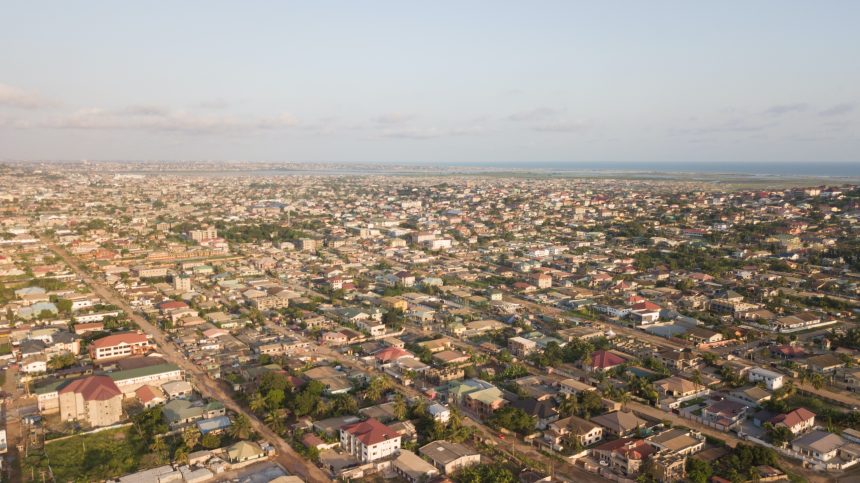5 years ago, Ghana launched its digital address system to help solve the problem of “addressing” in the country. In our review in 2017, we concluded with the following:
It would appear that the Ghana government and the company behind this GhanaPostGPS thought the solution to solving Ghana’s addressing problem was more technological and could be solved with an “app”. Technology, in this case, is not solving the problem. It would appear our problems are more of an educative nature than technological
5 years later and it would seem that we had been proven right in some ways. So has the Ghana Post GPS system been as impactful as the government would have hoped? We take a look:
About The Digital Address System
The national digital address system was launched in October 2017. It was called “GhanaPostGPS“. The system works by ascribing locations and properties with a permanent digital address system by using a combination of GPS and the GhanaPost app.
Locations would get a unique code distinguished by two letters and six digits.

Using the above example, the letter “A” refers to the region of the location (Ashanti Region), and “K” refers to the district (Kumasi District)
“5028” is the unique address within the postal code. The Postal Code and the Unique Address come together to form the unique digital address.
Users would be able to mark their locations and generate their GPS code using GhanaPostGPS Mobile App on iOS or Android.
One and Done
The app was supposed to offer various features including ambulance and police services. Some institutions like banks were supposed to require digital addresses when signing up for an account but currently, some banks still ask for street addresses.
But it doesn’t seem like it’s a mandatory policy to have a GPS address to open an account. At the moment, most users just generate their addresses once and leave the app.
On An Island With No Integrations
Most apps like WhatsApp, which is heavily used in Ghana, use platforms like Google Maps to determine a user’s location. Ride-sharing apps like Uber and Bolt also employ Google Maps to get users to their various destinations.
The GhanaPost GPS app seems to be on its own island. In our review, we pointed out how the addressing system would have been better as a “platform” where local developers could tap into it to build local solutions.
Interestingly enough, in 2021, the government said it would be working with Google to integrate the GhanaPostGPS app into Google Maps.
Fast forward and we have yet to see an implementation of this.
It might not be too far-fetched to say that the GhanaPostGPS app doesn’t “play nice with others”.
Data Says The Digital Address System Isn’t Working As Advertised
According to a survey done by The Conversation, only 62% of residents and even public agencies were not using the system in their daily operations.
Just as we pointed out in our 2017 review, solving the problem of addressing in Ghana was more of an education issue than a tech issue and it would seem that the survey agrees with that point.
Although some residences and businesses have a physical plate of their digital address, it doesn’t reflect online, especially with local delivery services.
Can The Problem Be Fixed?
As of now, the Ghana Post GPS app is still active. Some buildings have fixed their address on their buildings and some application forms ask for your digital address.
However, we can’t say that the system is being widely used by the population.
In many ways, the government dropped the ball when it came to mass education of the addressing system. Even with physical street signs, Ghanaians still rely on landmarks for directions. Most delivery riders still ask recipients to give directions instead of relying on online maps.
The GhanaPostGPS app had a lot to do when it was launched five years ago. Unfortunately, it doesn’t seem to have delivered the optimum results. But it can’t solely take the blame. The Government could have focused on building a platform in collaboration with other local players like it did with its Ghana.Gov project.
Currently, Ghana’s addressing system looks stuck in the mud with a lack of fanfare and use from the local populace and even government agencies. It’s not a total failure but it’s hard to say that it’s a success.










